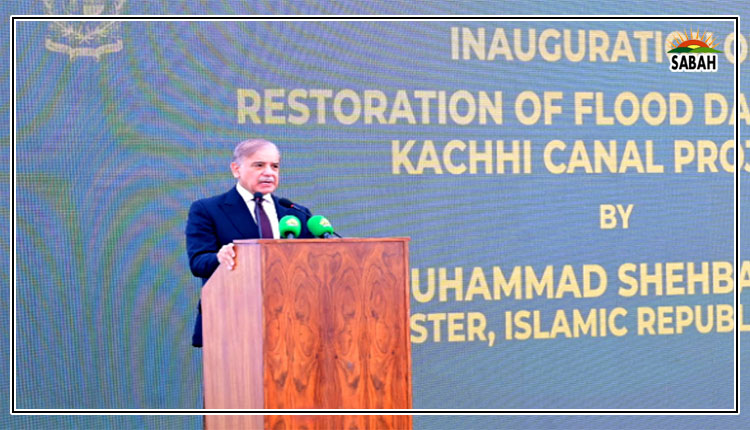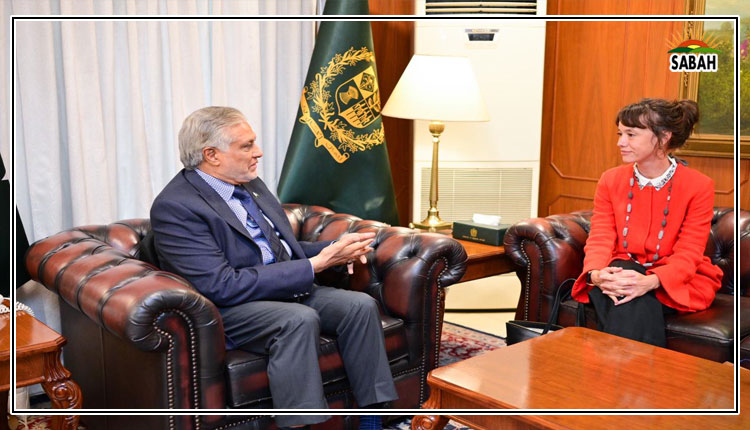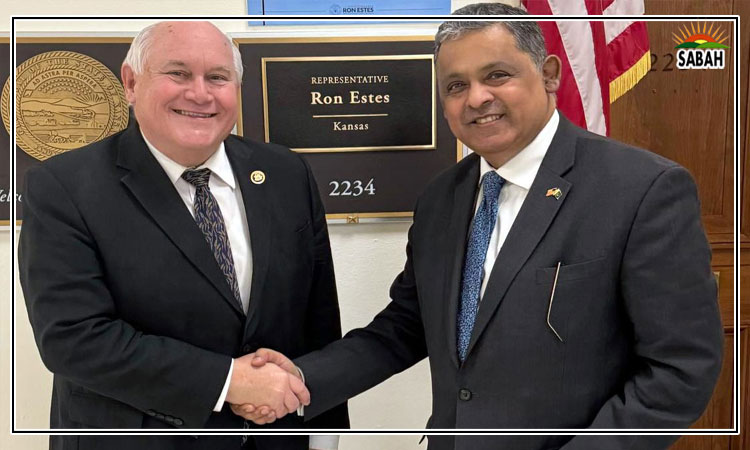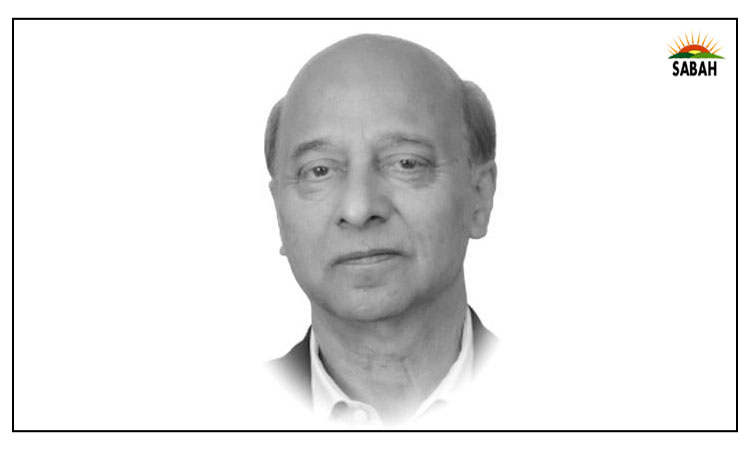Heading for another 9/11? ….. Imtiaz Gul
Are we in for another 9/11 in the coming months? Why are top US security officials — Centcom chief General Erik General Kurilla, FBI Director Christopher A Wray, US Attorney General Merrick Garland, outgoing director of the National Counterterrorism Center Christine Abizaid — and the German intelligence chief crying hoarse about an “elevated ISIS/ISKP threat to the United States?” They are all singing the same song. And terrorists continue to batter and bruise Pakistan: nearly 200 big attacks this year (until June 10) have claimed lives of close to 100 government officials and security personnel.
Let us glance through multiple warnings originating in Washington and Germany.
In a recent article “The Terrorism Warning Lights Are Blinking Red Again: Echoes of the Run-Up to 9/11”, Foreign Affairs magazine recalls that from his confirmation hearing to become director of Central Intelligence in May 1997 until September 11, 2001, George Tenet was sounding an alarm about Osama bin Laden and al Qaeda.
And before al-Qaeda’s attacks on the World Trade Center and the Pentagon, “Tenet testified publicly no fewer than ten times about the threat the group posed to U.S. interests at home and abroad.” Then in February 1999, “six months after the group bombed the U.S. embassies in Kenya and Tanzania, he claimed, “There is not the slightest doubt that Osama bin Laden … [is] planning further attacks against us.” In early 2000, he warned Congress again that bin Laden was “foremost among these terrorists, because of the immediacy and seriousness of the threat he poses” and because of his ability to strike “without additional warning”.
And then the 9/11 bang happened in 2001.
Two and a half decades later, Christopher Wray, the FBI director, is sounding similar alarms. His testimony to Congress and other public statements could not be more explicit. Testifying in December to members of the Senate Intelligence Committee, Wray said that “after Hamas attacked Israel on October 7, we’ve seen the threat from foreign terrorists rise to a whole another level,” according to Foreign Affairs.
The magazine also recollects similar calls in 2022 by General Kurilla and Christine Abizaid, who alluded to al-Qaeda, ISIS and the Islamic State Khorasan (ISIS-K) as “an elevated global threat environment” while speaking at a conference in Doha (May 2024).
Merrick Garland, the US Attorney General, in his testimony before the House Judiciary Committee late May, spoke about the possibility of a terrorist attack on the United States, and said that the “threat level … has gone up enormously”.
Put simply, the United States faces a serious threat of a terrorist attack in the months ahead, concludes the magazine.
In his March 2023 testimony to the Senate Armed Services Committee General Kurilla warned that the group would be able to carry out an “operation against U.S. or Western interests abroad in under six months with little to no warning”.
ISKP did launch deadly attacks but on targets in Iran in January and in Moscow in March, when four terrorists killed 145 people and injured 550 more in a brazen attack on a concert hall. The group also claimed strikes at Chinese interests in January 2023 and Russian interests in Kabul in September 2023.
In a March statement, Kurilla affirmed that both ISIS and al Qaeda “remain committed to inflicting violence”, with the help of at least 5,000 fighters. Over the span of just two weeks in early 2024, ISIS conducted 275 attacks — its highest rate in years.
Coincidentally, the head of the domestic intelligence services, Thomas Haldenwang, issued a similar note of caution.
“The risk of jihadist attacks is higher than it has been for a long time due to the Gaza war,” Haldenwang told the German press agency (June 11). “Germany is more in the focus of jihadists than other European countries because, along with the US, our country is considered to be one of the most important supporters of Israel.”
Curiously, while highlighting the threat posed by radicalised individuals, Haldenwang, too, mentioned the influence of the Islamist Taliban takeover in Afghanistan as well as the strengthening of Islamic State offshoot ISKP in Pakistan and Afghanistan.
Authors of the oped in Foreign Affairs also advise Washington “limited intelligence exchanges” and cooperation with Afghan Taliban with Pakistan “where ISIS-K also operates, to neutralize the group”.
Is this emphasis on cooperation with both Kabul and Islamabad just an academic view keeping in mind that Pakistan is facing deadly subversion, predominantly by the TTP and not the ISKP? Or do the authors consider them two sides of the same coin? If so, then it leads only to one conclusion: whether it is TTP, ISKP, Jaishul Adl or Aharurl Hind, they are all proxy terrorists pursuing the same goal i.e. instability inside Pakistan and Afghanistan, with Chinese interests being the ultimate target. No surprise that Iranian, Chinese, Russian and Central Asian republics are alarmed over the “ascendant threat” to the region and have accelerated diplomatic efforts to get closer to the Afghan Taliban for instituting regional counterterrorism cooperation.
The challenge is primarily proxy in nature and requires concerted regional efforts to monitor, preempt, prevent and neutralise proponents of this proxy warfare against the interest of regional countries.
Courtesy Express Tribune











